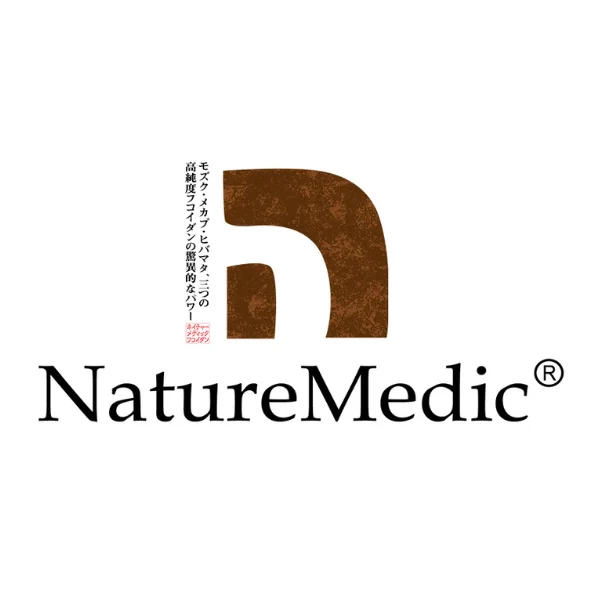Stroll into just about any grocery retailer or pharmacy and also you’re more likely to see cabinets lined with dietary supplements: drugs and gummies and capsules and powders and wellness photographs that declare they’ll make you calmer, sharper, happier, thinner, younger-looking, higher. On social media, the story’s the identical: Adverts goal your deepest insecurities (how do they know I’ve, in reality, been feeling bloated these days?!) and/or promise a fast repair on your lacking intercourse drive (like, okay, kinda presumptuous). In the meantime, influencers with large followings supply glowing testimonials of colloidal silver for sinus infections, collagen drugs for wrinkles, and NAD+ (no matter that even is) for wholesome getting older.
It may be laborious to withstand the siren track of any product that supposedly will do wonders on your well-being with minimal effort in your half. I get it: I’ve purchased vitamin C gummies once I felt a chilly approaching and experimented with melatonin once I was sleep disadvantaged. I attempted magnesium powder at one level (for what, I have no idea) and determined, for no actual medical cause, that it might be in my finest curiosity to take a ladies’s every day multivitamin (the gummy variety that tastes like strawberries, after all).
Did they work? In fact, I don’t know. However most likely not, based on the specialists I spoke with for this story. The overall consensus is that the advantages of supplementation are largely unproven and most of the people don’t want them. Many of those merchandise make spurious-at-best claims, are a waste of your cash, and, in some instances, may even end in dangerous well being penalties. “Greatest case situation: You simply pee it out,” Aimee Bernard, PhD, an assistant professor within the Division of Immunology & Microbiology on the College of Colorado Anschutz Medical Campus, tells SELF. So earlier than you pop a tablet primarily based on its too-good-to-be-true guarantees, right here’s what the science says about taking dietary supplements.
First, it’s necessary to know that most individuals don’t have nutrient deficiencies.
When you eat a decently balanced weight-reduction plan, you might be almost definitely getting all of the nutritional vitamins and minerals you want out of your meals. (When you’re curious, listed here are the federal government’s suggestions for every day nutrient consumption.) You don’t must be consuming, say, natural brown rice, wild-caught salmon, and contemporary broccoli across the clock to keep away from deficiencies; typically, so long as you’re consuming an inexpensive number of fruits, greens, entire grains, and proteins, you shouldn’t want any dietary supplements, the Academy of Diet and Dietetics states. “Assuming you eat, you certainly get some vitamins,” Christopher Gardner, PhD, the director of vitamin research on the Stanford Prevention Analysis Heart, tells SELF.
Plus many meals within the US are fortified, or deliberately enriched, with key vitamins to stop deficiencies—so even when your go-to bowl of cereal is pretty excessive in added sugar, it would nonetheless be full of folic acid, iron, and vitamin B12.
When you’re vegan or vegetarian, it is likely to be a little trickier to get all of the nutritional vitamins and minerals you want, notably vitamin D, iron, and vitamin B12, however with a little bit of analysis and cautious planning it’s nonetheless very potential to take action, Dr. Bernard says. So many (too many!) individuals imagine that it’s necessary to take a every day multivitamin—however, specialists largely agree, most don’t must.




